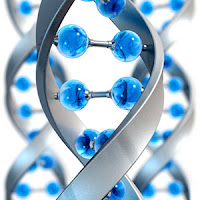Effective Disciplinary Strategies for Children and Teens with Oppositional Defiant Disorder

The term “discipline” refers generally to the practices that parents use to teach their kids rules of conduct and to enforce those rules. Disciplinary practices for children and teens with Oppositional Defiant Disorder (ODD) include: (a) creation and discussion of rules and expectations, (b) reminders of rules, (c) positive consequences for adhering to rules, and (d) negative consequences for breaking rules. In discussions with children, rules can be referred to as “expectations.” Experts describe at least four different approaches to discipline: 1. Inductive Discipline Style: The term “inductive discipline” is commonly used by psychologists to refer to the most effective type of parental discipline of kids. Inductive or positive discipline is designed to avoid power struggles, arbitrary use of parental authority, and other forms of negative interaction around discipline. This approach to discipline is often associated with “authoritative parenting,” which is the positive mid...
